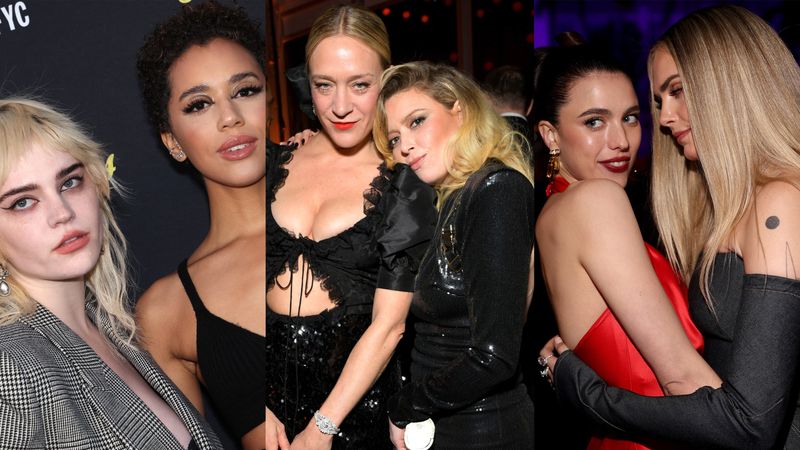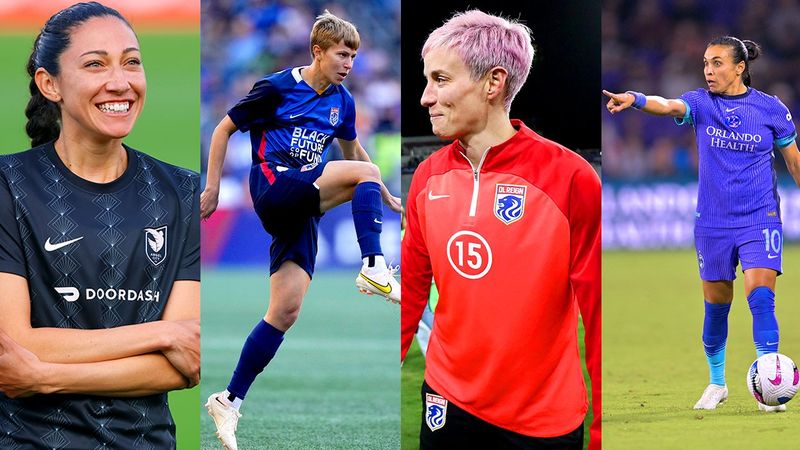Multiple lovers can teach you a lot...

Shutterstock
Most people are brought up thinking that monogamy is the only way to have a relationship. However, as times change and people become more sexually fluid and open, non-monogamy is slowly becoming a thing of the past as open and polyamorous relationships start to take on more of the forefront.
Here are 12 life experiences you can learn from being in a polyamorous relationship.
It is, in fact, possible to love more than one person at once

Shutterstock
This is one of the hardest things some people have to accept when it comes to being poly. Since monogamy is the "norm," people get confused at the thought of ever having any feelings outside of the person they're dating. We'll go over some important things like communication later, but it's important to remember from the start that it is, in fact, possible to be in love with more than one person at the same time. It is also possible to receive love from multiple people at the same time. Polyamory is very much doable, but it just depends on you and where you are with your mentality and comfortability with yourself.
Sometimes it feels like you're all you have

Shutterstock
The outside world will judge you, and it'll be hard for some people to understand your relationship dynamics. It's important to remember not to worry about other people's opinions. This can be totally hard, because we care about other opinions even if we say we don't. Sometimes, you and the people you're dating are all you'll have in this world, so lean on each other when the time arises to build your bond even more.
Not all relationships that matter are romantic or sexual

Shutterstock
Ironically enough, one of my major takeaways from non-monogamy was how significant all the sustained and meaningful relationships in my life were, not just the sexual ones. When you’re receiving emotional support and sustenance from a network of different people and your friendships may or may not contain sexual elements, you start to realize that actually the important things are intimacy and trust and closeness and loyalty, however you best perceive or interpret those things. The people who were consistently there for me whether or not we were lovers and whether or not they were making similar choices are the people who really counted (and continue to do so).
Love is not a finite resource (although time, attention and money are)

Shutterstock
It’s a poly truism that ‘love is not a finite resource,' and it’s often countered with ‘maybe not, but time is.' It’s worth adding that desire isn’t finite either, but the practical capacity to act on it can falter. All these things are true. Poly is just one way to maximize the available options. I love a fair few people and have close and sustained relationships with my friends, and I learned pretty early on that I couldn’t cope with dating more than 2 or 3 people on a regular basis, and certainly not with going from one to another without time to process in between. A lot of making poly work is about negotiating openly things around time and planning and sex that it’s much easier to assume or take for granted in monogamous relationships. Knowing what your finite resources are, what your feelings are and how to make the two fit together to maximise everyone’s happiness and sanity is…really important.
Sex and meaning do not necessarily correlate

Shutterstock
It might be relevant that I am almost unilaterally terrible at actually dating, and usually formed relationships from casual to serious by hooking up with my friends or people I knew through them. But one of the really stark truths I came across is that feelings and sex aren’t actually intrinsically linked. In my monogamy days I mostly felt they were, because I mostly had sex with people I wanted relationships with, but actually that’s a choice not a condition. Sex doesn’t mean there are feelings there if there weren’t, or make feelings change, or mean you’re compatible in ways you weren’t before. Maybe it makes it easier to ignore those things, but that is rarely a good idea in the long term. It’s perfectly possible to fuck one person whilst being in love with another, or to fuck someone you like but don’t really fancy, or fuck someone because you feel you ought to or you owe them. (The latter is massively dysfunctional. Don’t do that thing.) If you’re poly, it’s much more difficult to convince yourself that you should be in a relationship with someone just because you’ve had sex. This is mostly a good thing.
Trust your instincts

Shutterstock
This is quite a personal thing, but I developed pretty early on a fairly good sense of how well I connected with somebody, or how far a relationship could go. If you’re dating other people – or know you could if you’d like to – you do get pretty good at gauging not only whether people are interested in you, but whether you’re interested in them. It also makes it very difficult to hide when things aren’t working, because other partners and lovers are sort of dragged into the mix. After a while you become much less inclined to do that thing whereby you get into and stay in relationships because you feel you ought to give people a chance, even though neither of you are actually very happy. Obviously, if your other partners are dysfunctional and/or putting pressure on you to date people you’re not into, they can go stick their heads in a blender.
Very few things are not improved by direct and honest communication

Shutterstock
This is like some kind of unilateral human truth. Communicating properly is a necessity if you’re running multiple relationships, particularly if you have a ‘primary partner’ and then other lovers or if you’re doing the ‘solo poly’ thing (eg. multiple relationships, none of which are following a traditional relationship escalator path.) Everyone needs to know how to navigate the formation, maintenance and dissolution of new relationships whilst maintaining their old ones. Everyone needs to know how to deal with the acquisition of new lovers or casual sex outside the context of the relationship (and this will often be different for different relationships.) The end result of all this is that I communicate like a motherfucker. Unsettled by something? Feeling neglected or insecure or stifled? I will not only tell you in a non-antagonistic way and explain why but also be able to suggest what might make me feel better.
Everyone makes mistakes -- what matters is how you deal with them

Shutterstock
Multiple relationships do put you up at the sharp end of other people’s relationship dysfunction. If one person in your network (or ‘polycule’) is being a jerkwad, the repercussions ripple outward like somebody dropping Stonehenge into a puddle. And you are going to fuck up, especially at the beginning. You just gotta own your shit. The difference between ‘I’m really sorry, I know I did x wrong, here are the steps I am taking to fix it’ and ‘OMG I’m in such pain somebody else please fix it’ is astronomical.
Know what you're getting into

Shutterstock
This is crucial. If you’re new to polyamory, talk EVERYTHING through, with your partner if you have one and definitely with any new potential lovers. Figure out how it’s going to work. Even if you’re an old hand (tee-hee) you still need to know exactly how a particular potential hottie runs their relationships and what space they have on their dance card and what their expectations are as regards communication and time spent together and contact with metamours (your lover’s other lovers). It’s also worth figuring out what their history is if you can, by talking to friends or community members or reading their blogs or whatever. Could be they’re clusterfuck city. (Ask them about their other partners and/or their exes. If they’re cagey, rude, dismissive or cruel, walk away. You don’t want to go there.)
It will only work if EVERYBODY is into it

Shutterstock
…and it really isn’t for everyone. It’s no good trying to open up a relationship unilaterally if your partner’s reluctant or riding roughshod over somebody’s doubts. For poly to work, everyone needs to want to do it for themselves, not just to make someone else happy, and be prepared to put in a fair bit of difficult emotional work, especially at first. It’s often very rewarding, but there’s no use pretending it’s always going to be easy. What relationships are?
G or iCal is a godsend (because scheduling matters)

Shutterstock
Scheduling matters. I honestly do not know how poly worked before Gcal was a thing. Even if love isn’t a finite resource, see above, time is, and figuring out when you’ll spend time together is very nearly correlative to figuring out how the relationship can actually happen. Shareable calendars enable multiple people to see at a glance who’s available when and schedule accordingly, without needing to have repetitive annoying conversations or all live together or ease of marking a massive wall planner.
Nobody has all the answers (but you can figure out a bunch of stuff about yourself)

Shutterstock
None of this is necessarily easy. My own shift from polyamory back to monogamy was pretty tough, not just because of giving up lovers I’d had in some cases for years and/or the possibility of new ones but because I had genuinely assimilated it as part of my emotional processing. I was used to balancing different sources of emotional succor. I was used to treating every new connection as an open door. I was used to thinking of myself as a profoundly sexual person who was basically an intimacy junkie, and liked fucking people because I liked to get under people’s skin as well as having orgasms. Shifting back to a single all-encompassing relationship involved rewriting a bunch of that stuff. I was glad to do it, but a lot of the time I needed to wait until the emotional impulses ran that way instead of imposing structures I’d internally rebel against. All credit to my partner for sticking around while I figured this stuff out. The point is, one of the best things about poly is that it brings you face to face with a lot of your needs and desires and vulnerabilities – and teaches you tools to deal with them. A toolkit is a good thing, and the poly toolkit is pretty multicontextual. Learning to recognize your needs and communicate your boundaries stands you in good stead in any relationship, not just poly ones.

























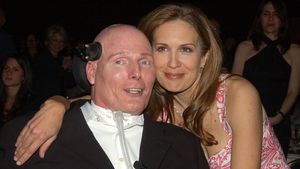






























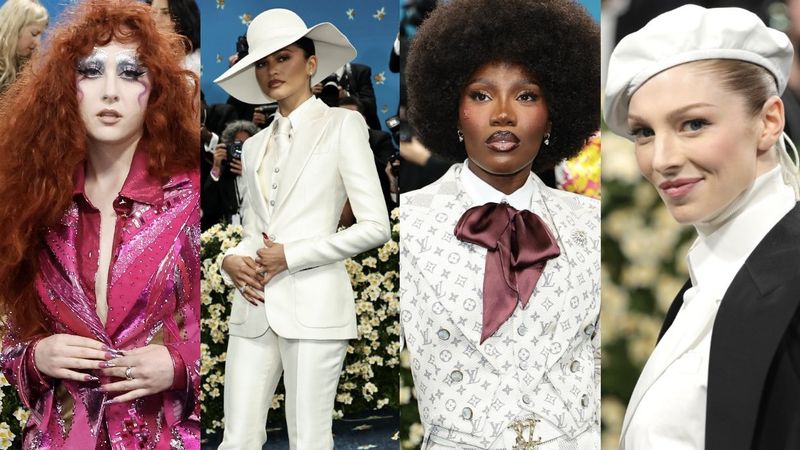



































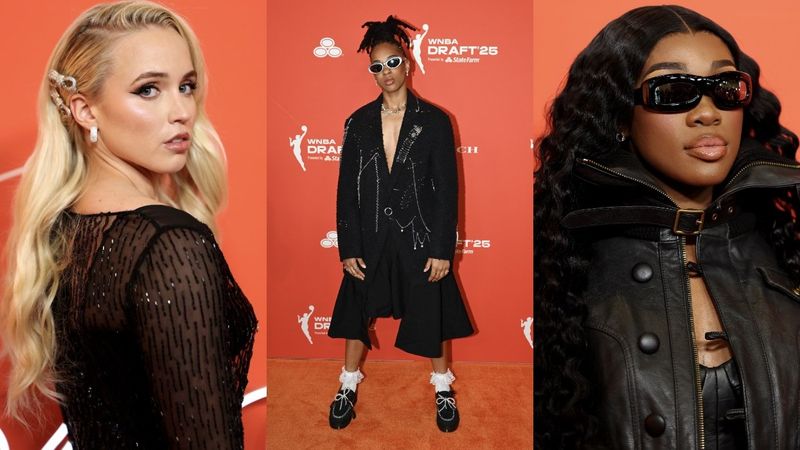
 Cindy Ord/Getty Images
Cindy Ord/Getty Images










